Hybrid Writing vs Staying in Your Lane
on labels, genres, titles, and a work in progress
I am having trouble finding a label for my current manuscript.
Sometimes in my bio notes I might say ‘Beth Spencer writes at the boundaries of poetry, fiction, memoir and cultural criticism...’
But I learnt the hard way with The Age of Fibs -- which was subtitled ‘stories, memoir and microlit’ — that unless you’re famous enough to make it to the front table or the feature pages, those helping get your book out into the world --- publishers, review editors, bookshops, libraries -- they need to know which shelf to put it on, or where to put it in the dewey system, or which section in the review pages. Or how to talk about it to the marketing department.
It’s just not wise to make it easy for them to nudge your book off an overflowing desk and into the too-hard basket.
Find a lane, and stick to it. Good advice.
But not something i’ve ever been able to follow.
*
The lovely Walter Mason, when he posted about Fibs on instagram recently, replied to a comment of mine with this:
"I love how liberated you are - you just play with whatever form you like, tell whatever story you want. It’s literary punk and I am filled with admiration for it."
Literary Punk!
Years ago in an article in The Age Fiona Capp said something similar when she described me as a 'literary anarchist'.
That was back in 1995, when I’d won the Age short story award and been given the inaugural Dinny O’Hearn Fellowship at the Australian Centre (such a wonderful gift), but was despairing of getting a publisher for the manuscript of what later became How to Conceive of a Girl.
So..a bit of a theme here with the anarchism and the punk…
… and maybe also a reminder to never give up. After being rejected by a bunch of publishers, The Girl was picked up a few months later by Random House. A miracle, given that it too was a hybrid montage of stories and prose poems. (Miracles happen!)
I wish I could come up with a neat pithy description for what I do -- like Frank Moorhouse coining 'discontinuous narrative' for his interconnected short fictions, and Stephen Muecke creating the term 'ficto-criticism’ for his blend of theory, critique, and story-telling.
At the moment, this current project of mine has the working subtitle -- ‘an autobiographical novel in prose poems.’
(Yes, covering as many bases as I can there!)
I’m also lacking a title for the book.
For the three or so years of writing it, I’ve referred to it as Such is Life in a Small Town. (That’s from the title of a longish poem in the middle, which was long-listed in the Newcastle Poetry Prize a couple of years ago.) Or SIL, for short. Hoping that a better title would magically pop up when I finished.
But titles are tricky...
Vagabondage, The Party of Life and The Age of Fibs were all titles that came easily, and they came either before or during the writing of the books. It’s wonderful when that happens, when you just know you have the right title. The right fit.
My first book Things in a Glass Box began as a miscellany of poems and then was gradually refined into a collection with some recurring images and themes.
I spent ages brainstorming words and phrases and names and ideas on big sheets of paper. I’ve always liked the thingness of the word Things... and gradually I started to notice how many of the poems involved glass boxes of one kind or another -- museum dioramas and cases, cameras, televisions, train windows, picture frames, mirrors. And so that’s how that name emerged.
How to Conceive of a Girl was originally submitted and contracted as Lovers and Daughters -- and that was from a passage in one of the stories :
“I lay on the couch and watched my face in all the thousands of mirrors of a beautiful Indian wall hanging, made out of dozens of sections of wedding dresses…
Wives and mothers and grandmothers, the culturally sanctioned, the one stitched neatly and faithfully into the social fabric, the ones ‘accounted for’. And outside this, the faintly illicit, the one’s never given a voice in the family, the lovers and daughters… The unaccounted for, the unattached.”
But Lovers and Daughters just seemed a bland kind of title. So a few weeks before the final production I went on a frenzied quest to find something more potent. Again I brainstormed on big sheets of paper, pinning them up on my wall so I lived with them for days. Then I started pulling books at random out of my shelves and flipping through...
Until finally I pulled out Luce Irigaray’s philosophy book Speculum of the Other Woman and flipping through I saw a question in italics -- how to conceive of a girl? -- and everything clicked.
(And yes, I really do love little things.)
*
So what to call this new book?
Descriptions are hard too. This one is basically an exploration of my first ten years of life as the youngest in a working class family.
Or another way of looking at the frame would be: from when my father made a unilateral decision to buy an old dairy farm for his eldest boys to work, and thus to uproot his wife and six children from the suburbs to live in a house on a hill in a country town; through to when he made another unilateral decision to sell it.
For a long time I thought the ‘inciting incident’ in this dysfunctional family story was my birth -- the straw that broke the camel’s back. But researching for this book, including phone conversations with my brothers which was like pulling teeth, and via the magical process of writing, I came to understand that this decision by my Dad impacted our family in so many complex ways.
And that it wasn’t my birth after all. (It wasn’t my fault!) Or not solely.
Some of the titles I’ve been toying with --
Dream Home -- it fits, but too bland and unmemorable.
The Faraway Family Tree -- too many not-good associations with Enid Blyton...
Although I did like this one because of the play on Family Trees and because my very vague memories of Blyton’s Faraway Tree — from gobbling it down as fast as I could during a visit to a cousin’s house -- was that there were a lot of very emotionally volatile and angry beings living in that tree.
The difference from our family was that the folk of the Faraway Tree openly expressed those feelings in all kinds of violent and uncomfortable ways. (Dame Slap, the angry saucepan, etc.)
In my family everything was repressed and invisible and un-named.
Like in this poem - ‘The Murder of Little Joy’ :
One beta-reader-friend said it should be called Milk Pudding. But I said I needed a title that didn’t make me want to retch. (Way too many milk puddings in my childhood.)
Another suggestion was The River Under the House (a reference to the metaphor of history as a constantly changing river). But there are too many books with variations on this and it sounds more like a ‘sweeping family saga’ rather than a child’s-eye view of an intense microcosm of a little tiny corner of the 1960s.
At one stage I texted another beta-reader-friend that if I could, I’d really love to name it Poo Town -- after a poem about my favourite-in-all-the-world story-game invented by my sister -- and the friend texted back: ‘It captures everything!’
But of course you can’t call a book Poo Town. (Can you?)
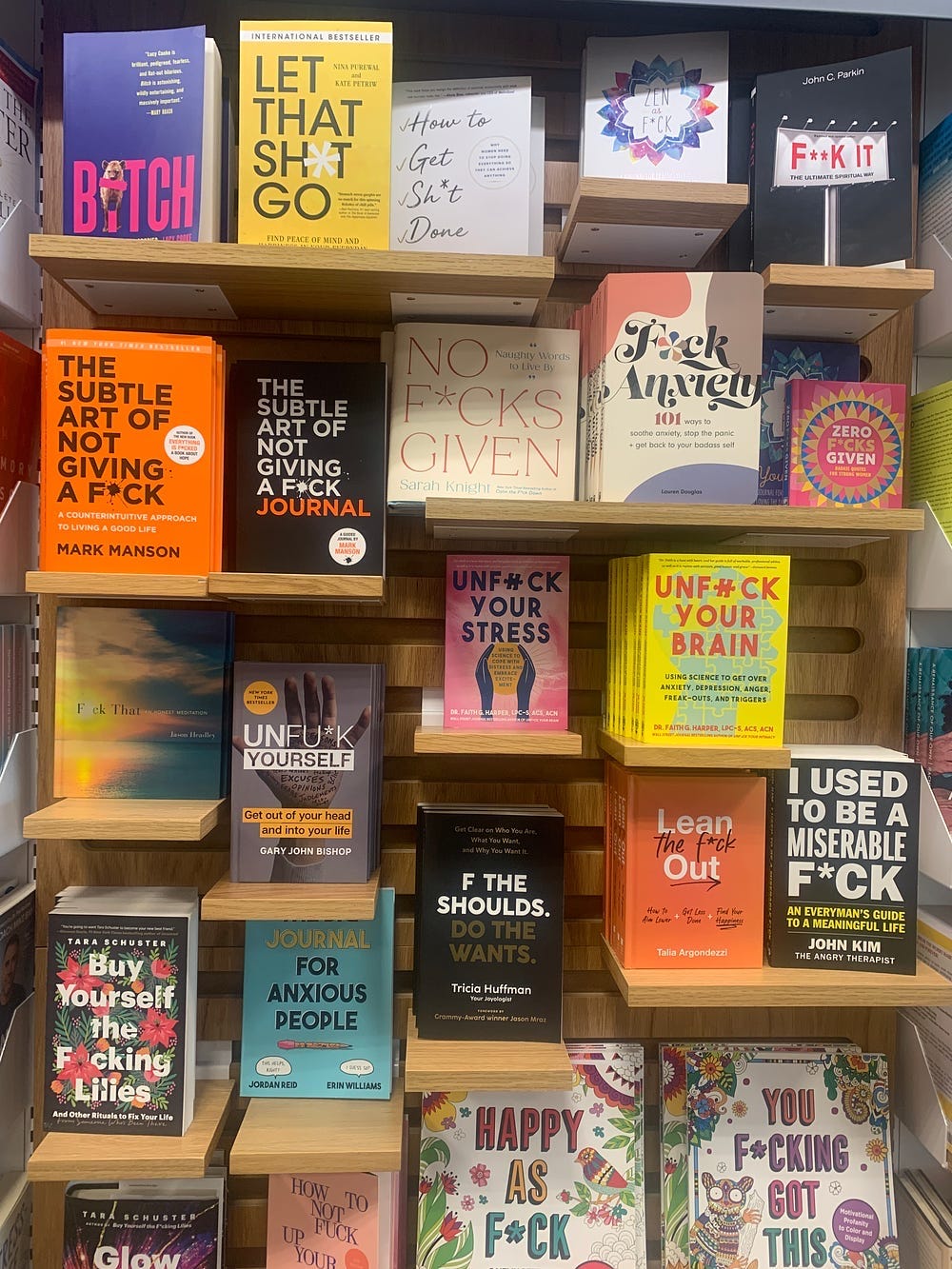
So what do you do when a book just won’t reveal its name?
In a guided meditation writing session with Jan Cornall -- (see below for how you can join these wonderful and free monthly zoom sessions with Jan) -- I asked the book, and just wrote what came:
Dear book, what is your name?
My name is a mirror, and it is about family and associations with pain and anger and love, and takes you on a journey, or invites you to a journey, it’s a doorway, down the stairs to that secret dream room…
There is an element of pony play in it. And of trees and daffodils and wings and running. Of escape and the inability to escape.
Of imagination, and longing, and uncertainty. Of things known and unknown, seen and unseen, imagined and doubted, released to the wind. Transformed.
My name is a portmanteau. It contains worlds. It is a fragile bird that you carry inside the house, through the house to another door where it is released. And you have to hold it so gently.
Don’t try to grab at this name. Don’t yell at it trying to get it to appear. Don’t doubt it. Don’t smudge it in your haste to reach for it.
I have this image of a cat gently prodding it to the edge where it falls onto the floor and smashes into a kaleidoscope. And in one of those fragments is my name.
I am a butterfly wing, beating. Softly.
My name picks up the book and waltzes with it. Picks up the reader and spins her around. Picks up the girl in the book and lifts her up and out of that family into safety, and into risk and adventure.
My name is about attachment and authenticity, safety and illusion, unsafeness and a deep safe knowing. Longing and being right there in it. Never wanting to leave and always wanting to leave.
You think this is about the death of Little Beth but it is about her springing to life. It is about her will to live.
You think it is about home but it is about the world outside too. It is about the thinness of the walls, and the houses we build from straw.
It is about fairytales and children who have no home to return to. And children who make their own home, who love the forest.
It is about the wolf at the door and the door itself. The lock on the door, and picking the lock. It is about the vulnerability of the grandma in the bed and her strength to survive inside the wolf.
It is about knowing and shedding. Finding your way out the mouth of the wolf.
But still.... no name.
And then in the past few days I’ve been thinking about it and I thought… maybe it’s not ready yet. Maybe the book wants another revision, and maybe it simply won’t reveal its name to me until I sit down and do this. I’ve had a good long break since the last revision, so I think I’m ready now to have another go with relatively fresh eyes. Tighten it up…
And maybe I also need to write one more poem that embodies its essence, and holds this name within it.
I read years ago that in some cultures they give you a ‘milk name’ when you’re born, and you don’t get your ‘real’ name - your unique-self name - until about age seven.
Some also say that the name of a book works best when it reflects in some way the turn in the second act of a book.
And around seven is when the girl-narrator in this book starts to move into herself -- from everything being about ‘attachment’ and survival (how to belong and fit in to this family in order to be safe), to ‘authenticity’ (how to find a way to be yourself in the world, and safeness in being yourself).
She makes choices that are not ideal -- in her quest to become Jo March she decides she has to kill off the ‘over-sensitive’ (Little Beth) parts of her.
But she survives.
And after a miraculous visit to the Victorian National Art Gallery in 1969 she discovers another type of dream home, where maybe she just might belong in a different way.
(And thank you Mr Blackburn, for that very strange and wonderful choice of birthday outing for your daughter and her little friends. I am eternally grateful.)

So that’s where I am with it.
And if any of you are great with titles and want to help me brainstorm, or if you’d like to be a beta reader, please do get in touch.
*
[Note: The image of holding a bird in your hand as a metaphor of writing is from someone, but I can’t remember who. If you know, please do remind me. The idea of a piece of writing ‘picking up a story and waltzing with it’ is from an essay by Eudora Welty, in which she talks about how criticism too can be an art. And go here for a short interesting take on the whole No Name supermarket branding phenomenon, and the branding principles of ‘limitation, separation and consistency’.]
*
Meanwhile
Do check out and subscribe to Jan Cornall’s excellent substack, which has lots of different offers and interesting components.
And her next free monthly zoom workshop is on this Sunday October 20th (and every 3rd Sunday) at 4pm AESDT.
Jan says “We meet to introduce our writing projects and do a meditative writing exercise. Open to all— beginners, experienced, published, non published.”
So contact Jan directly if you’d like to come along.
And here’s a memoir piece of hers that I particularly enjoyed about her brush with fame with Yoko Ono -- part of a long life of performance and writing, and creating a supportive community of writers.
She also organises amazing writer-tours that are a mix of travel and writing. More about these at her website.
*
♥️ Thanks as always for reading (for those of you who read this far.) ♥️
Love to get your comments, feedback, thoughts, likes, shares, restacks,etc etc.
And I can’t go without mentioning again the overwhelming horror that we are witnessing and living through. Please do keep sending messages to politicians. Here’s the link for a quick message to Penny Wong. It’s the volume of responses that matter, so anything at all you can write - even one line - will help create that pressure towards recognition and action.
And here’s a short and powerful video set in an imagined 2040:
xxx much love,
Beth
<beth@bethspencer.com>


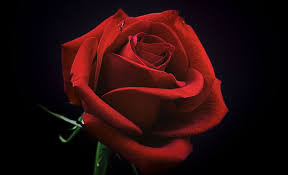

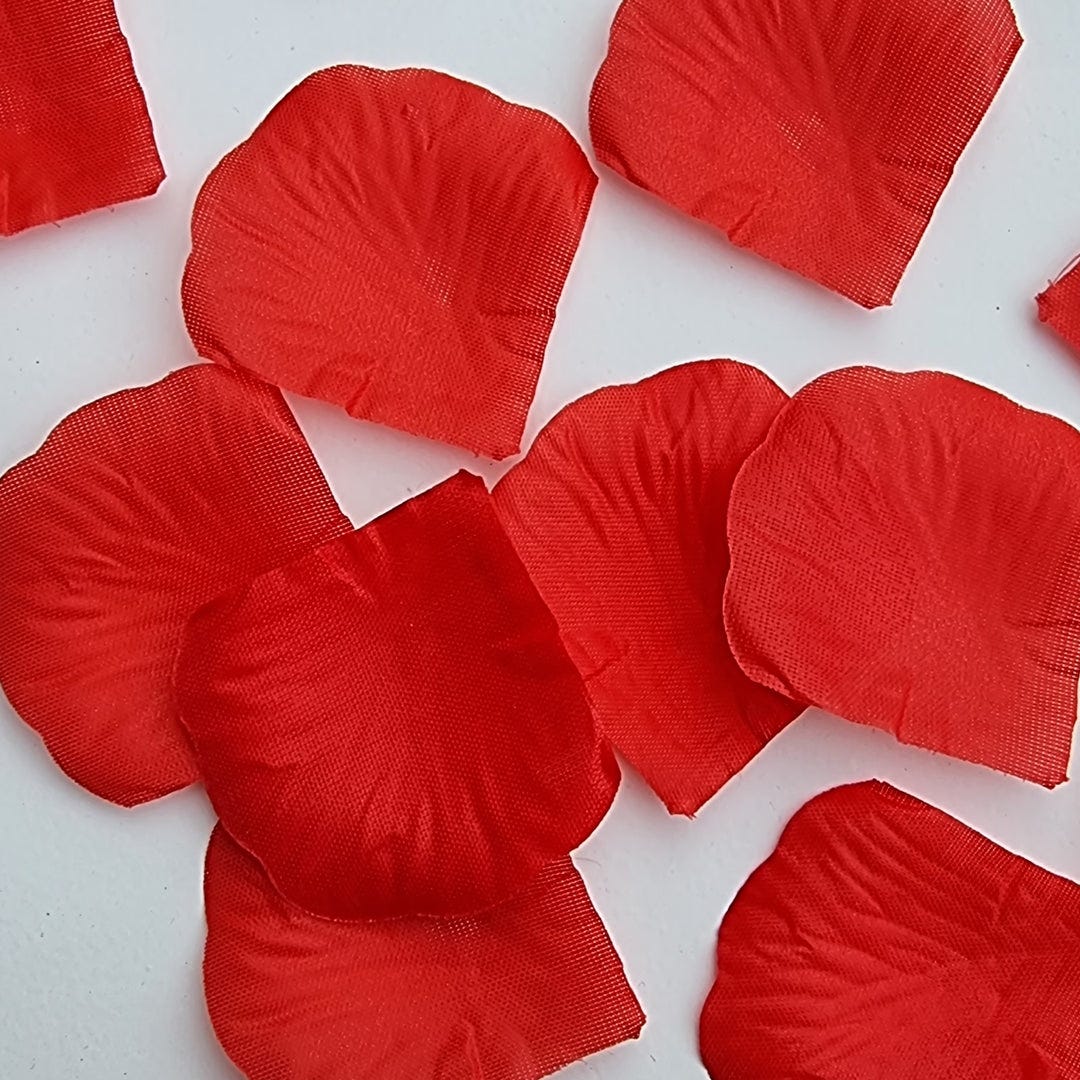
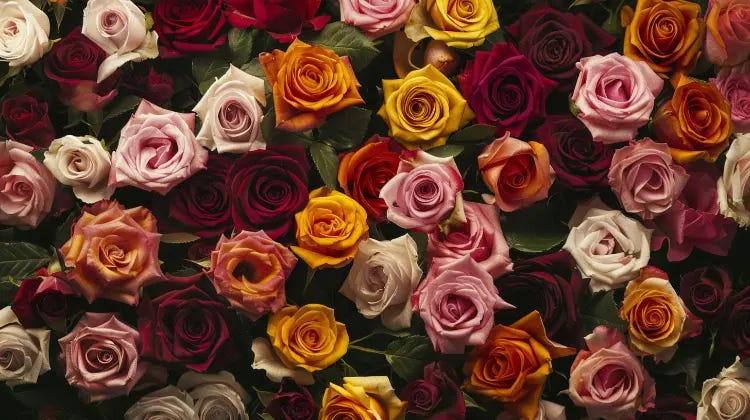
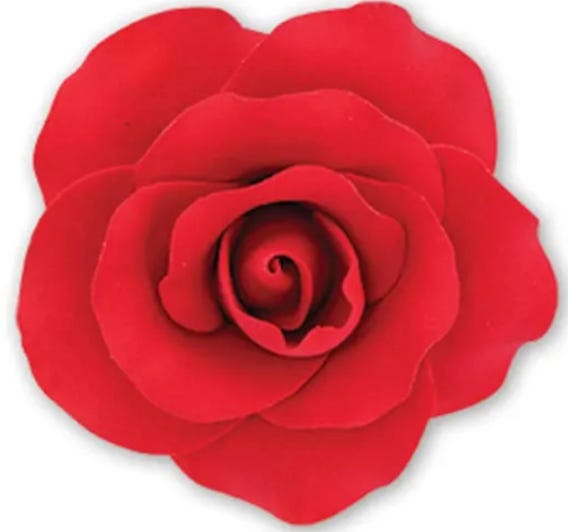
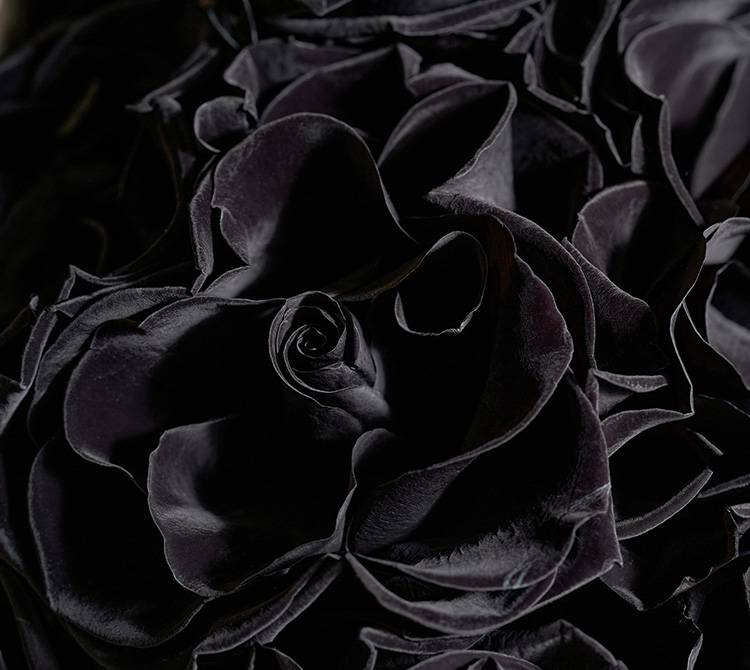

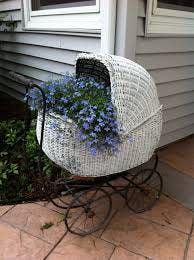


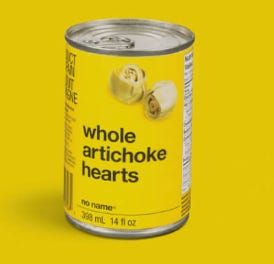
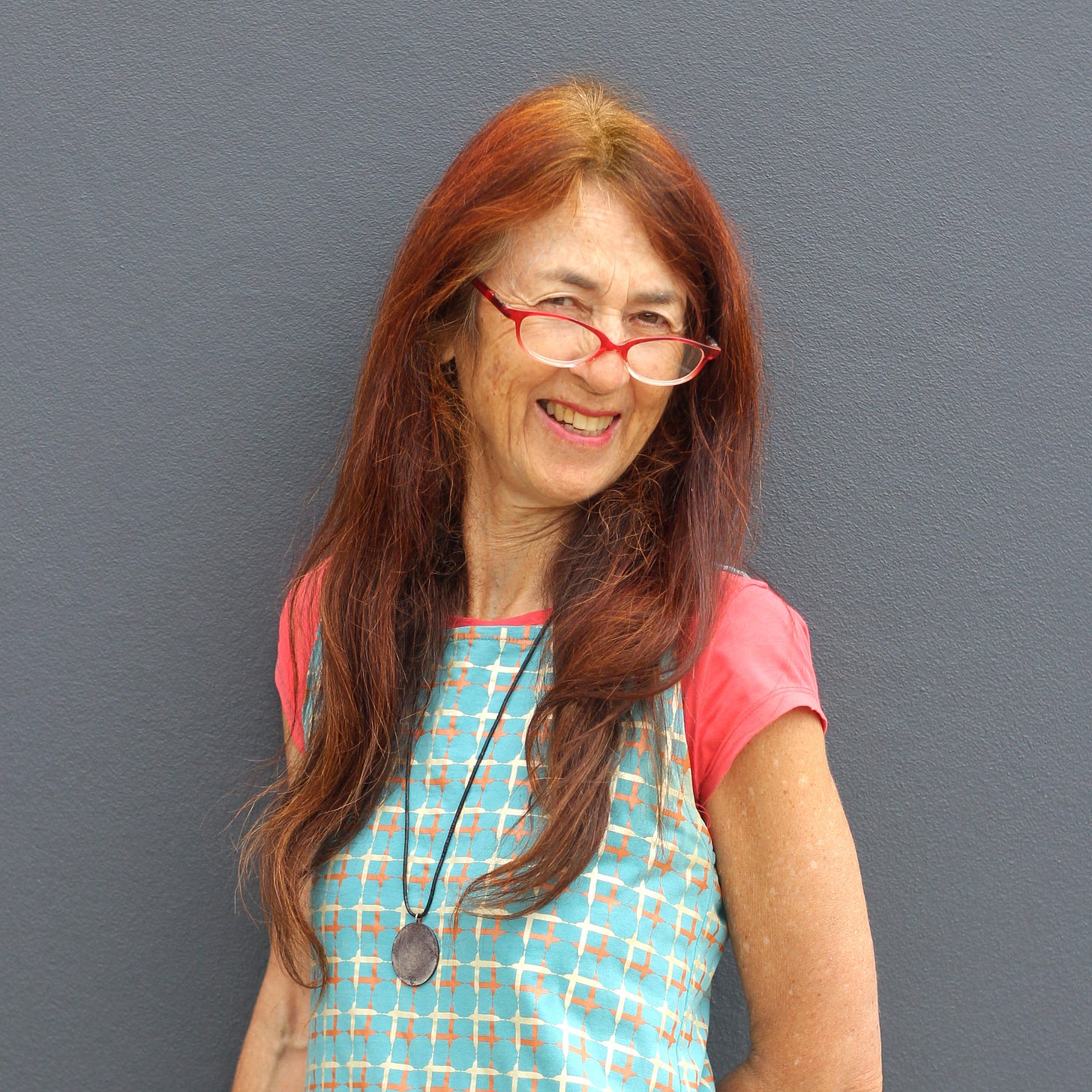
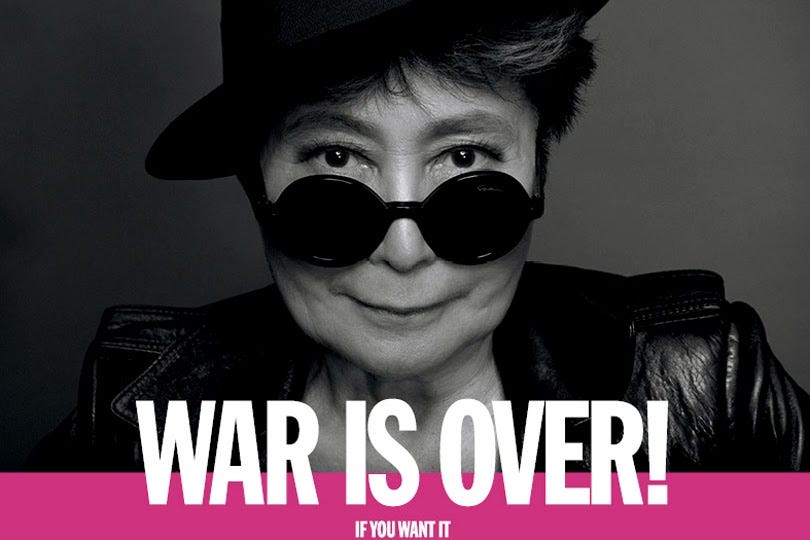
Thinking something like.
“No Fun Dysfunction”
As in there’s no fun in a dysfunctional family
I love all of this. I am having the same problem and wonder if it’s sbout readiness (as titles have always come easily before)… your words made me think of the christopher milne book ‘the enchanted places’ / the pic of the great hall reminded me of something I heard somewhere about life being like a sparrow flying through a series of great halls….. then that ‘the great hall’ is in itself an evocative title. Last thought: the tove ditlevsen line that ‘childhood is long and narrow like a coffin and you can’t get out of it on your own’